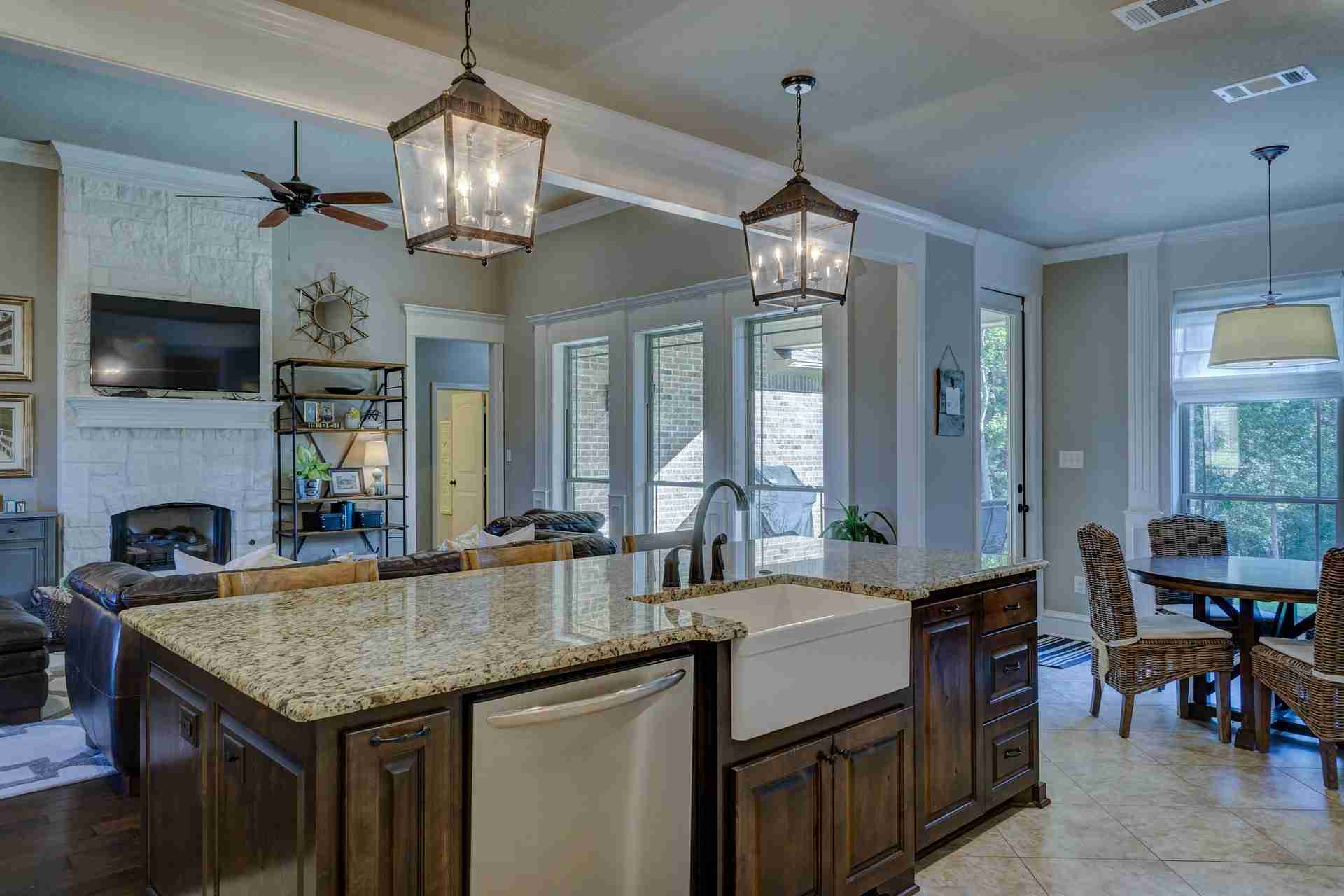How Much Do Quartz Countertops Costs?
How much do quartz countertops costs? Quartz is a stone that you may have heard of before. It’s a gorgeous crystal that’s primarily used in jewellery. It can, however, be utilised to construct kitchen countertops. Quartz kitchen countertops are made by combining crushed quartz crystals with a polymer resin that aids in the formation of the form. Aside from that, quartz countertops are coloured in a variety of ways to make them look appealing. It’s a beautiful option for a kitchen remodel, whether you’re upgrading or replacing an old countertop. You’ll also want to know how much money you’ll need to set aside for the new surface.
Quartz countertops are made of man-made stone. In other words, the slabs are constructed from natural stone that has been mixed with resins and dyes. The procedure produces a long-lasting countertop that doesn’t require resealing on a regular basis. It can mimic genuine stone or concrete, and there are a variety of other aesthetics to consider when planning your kitchen remodel.
Quartz countertops are the most expensive of all the types of countertops available. However, if you want something that will look great in your kitchen and last for years, you need to invest in the appropriate countertop. Before we get into what makes quartz kitchen countertops so special, let’s take a look at how much they cost.
How Much Do Quartz Countertops Cost?
The total cost of installing quartz countertops will vary depending on the type of quartz you select and the size of the counter.
For materials, quartz costs $60 per square foot on average. Quartz price per square foot can range from $50 to $150 or more per square foot depending on the type of quartz you choose.
If your contractor charges by the hour, expect to pay about $70 per hour in labour costs. Otherwise, labour will cost between $15 and $45 per square foot. You’ll also have to pay for the quartz to be delivered, which costs $150 to $200, and removal of your current countertop, which costs $300 to $450. Additional work — like making fixture cut-outs, installing sinks or edging — will also add to the total price.
When you obtain a quotation for a quartz countertop installation from a professional, you can anticipate the cost to be split down into supplies and labour. Labour costs for quartz countertops range from $10 to $35 per square foot or $30 to $85 per hour. However, as with materials, additional features like cut-outs and waterfall edges can raise the price. Start to finish, expect to pay between $1,000 and $5,000 to have a quartz countertop installed.

Benefits of Quartz Countertops
The extraordinary durability of quartz countertops is one of the main reasons why so many homeowners choose them. Countertops endure a lot of abuse. Household countertops must be able to handle a variety of thrashings, including sharp knives, hot pots, and constant spills.
Quartz countertops are becoming increasingly popular due to their ability to withstand continual abuse. The stone is as tough as granite and concrete, and it’s even more resistant to chipping and cracking because of the resins present in the quartz.
Quartz is also impervious to water. This means that, in addition to being simple to clean, it is also stain-resistant. It can tolerate spills from liquids such as wine, oil, and coffee, which is ideal for those who prefer white or light-coloured surfaces. Furthermore, because it is a nonporous material, there are no microscopic pores where bacteria can hide.
Quartz countertops are mostly constructed of natural resources, although they are eventually created to contain synthetic components such as glass and metals. Engineered quartz is still mostly formed of natural minerals, but it has additional components that assist give it greater stain resistance and longevity.

Is Quartz the Right Option for Me?
Of course, the decision to use stone for a countertop is mostly a matter of personal taste, but some individuals prefer to avoid quartz entirely.
For one thing, some individuals dislike the notion that quartz is man-made rather than natural. Many of its advantages, including as durability, stain resistance, and cleanliness, are due to its manufactured attributes, but some people still enjoy knowing they have an all-natural product in their kitchen. They may also like the more traditional appearance of concrete, wood, or granite counters, as opposed to quartz, which has a more current, modern feel.
Furthermore, because quartz is sold in slabs, it must be seamed together. If you’re replacing a small countertop, you can generally get away with using only one slab. However, if you’re making a larger one, the seams will show. Although a good installation can minimise this, it will still be visible. This isn’t a major concern for some individuals, but others prefer a seamless material.
Quartz is also sensitive to the sun and severe temperatures. For example, if you’re seeking to install new counters near your pool or on a rear patio, you might want to consider concrete surfaces. You should also use caution while using hot pots and pans, as they should not come into direct contact with quartz.




